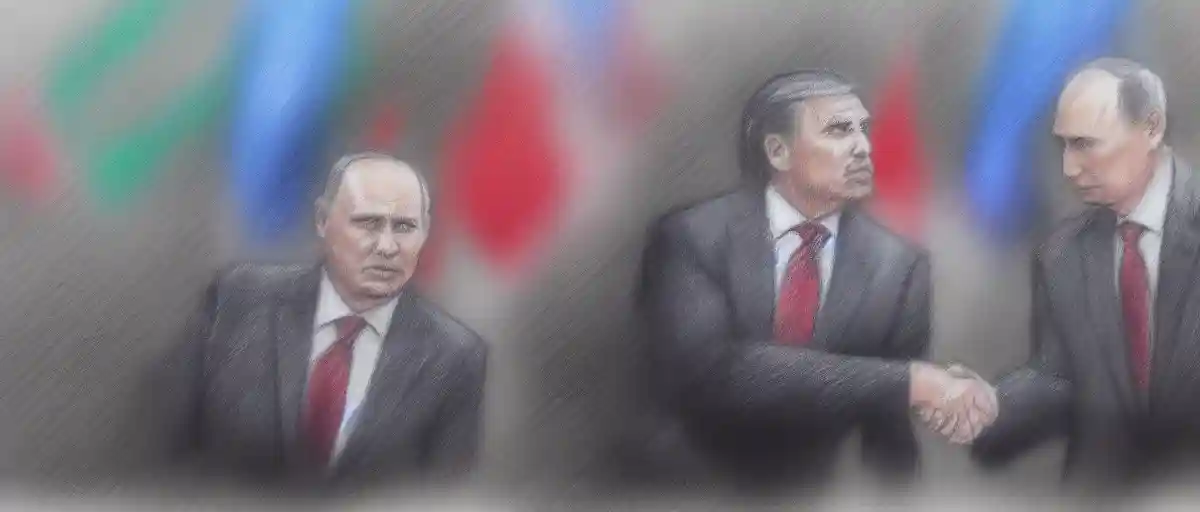This Could Pique Your Interest As Well:
The accusation by the US Secretary of State, Antony Blinken, that the Russian government is responsible for the presence of Russian mercenaries in Libya is a serious allegation. Reports indicate that the Wagner Group, a private military company with close ties to the Russian government, is supporting Libyan general Khalifa Haftar in his bid for power. This development could escalate tensions between Russia and the US and further compound the political instability in Libya.
To present another side, the accusation by the US government is justified as any covert military support by Russia in Libya would undermine efforts to bring peace and stability to the country. Moreover, the involvement of foreign powers in the conflict could exacerbate the already polarized situation, resulting in more violence and human rights abuses. The US government’s support for the Government of National Accord has been pivotal in the ongoing conflict, and Blinken’s statement signals the country’s determination to hold Russia accountable for its actions.
Nevertheless, the Russian government denies any involvement in the conflict in Libya, and there is no clear evidence to support the accusations made by the US government. Furthermore, the US government’s track record in intervening in conflicts in the Middle East and North Africa has been disputed, with some analysts arguing that its interventions have often resulted in more harm than good. Russia’s support for Haftar may be motivated by a desire to protect its economic interests in Libya rather than a desire to destabilize the country.
Closing remark, the accusation by the US government that Russia is fueling the conflict in Libya is a serious development that could further complicate an already complex situation. While there are valid concerns about covert military support by foreign powers in conflicts, the US government’s claim should be substantiated with clear evidence before any punitive measures are taken against Russia. Ultimately, a sustainable solution to the conflict in Libya would require a concerted effort by all parties involved to prioritize the welfare and interests of the Libyan people.
Here's A Video We Thought You Might Also Like:
Author Profile

- I'm a features writer, specializing in arts and culture, and I enjoy exploring the political dimensions of artistic expression. Through my work, I aim to highlight how art can challenge the status quo and provoke political discussions.
Latest entries
 Breaking News2023.12.19Co-Chair’s Earth-shattering Admission Biden’s Election at Risk Due to Border Crisis!
Breaking News2023.12.19Co-Chair’s Earth-shattering Admission Biden’s Election at Risk Due to Border Crisis! Breaking News2023.12.17Unprecedented Deportation Operation Threatened under Re-Election of President Trump
Breaking News2023.12.17Unprecedented Deportation Operation Threatened under Re-Election of President Trump Breaking News2023.12.13Awesome Development Hunter Biden’s Mysterious Capitol Hill Meeting Revealed!
Breaking News2023.12.13Awesome Development Hunter Biden’s Mysterious Capitol Hill Meeting Revealed! Breaking News2023.12.13Senator Ernst’s Bold Move to Secure Border Funding A Game Changer or Wasted Effort
Breaking News2023.12.13Senator Ernst’s Bold Move to Secure Border Funding A Game Changer or Wasted Effort






